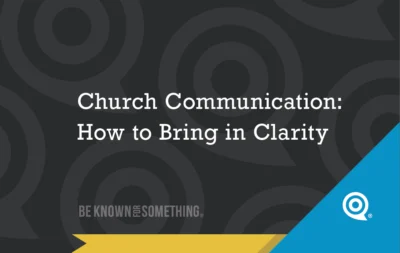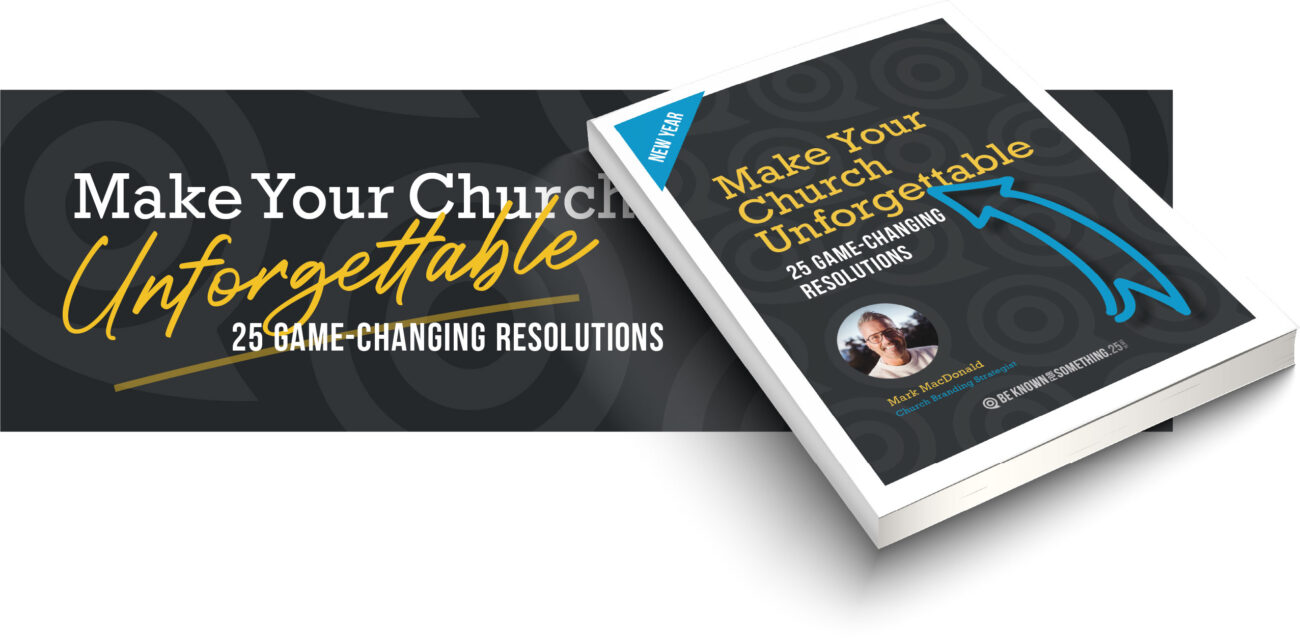Business Essentials 1: Profits for Dummies. Not: Profits are for Dummies.

Imagine a world that could be described as:
- All people were identical.
- All people were missing (needing) one “thing”.
- You had the formula for that “thing”.
It would be easy to build a business plan, right!? All you would have to do is develop that “thing” for as little cost as possible (keeping material cost, manufacturing costs, and labor in mind); and then sell it for enough to cover those costs. Right?
Wrong.
In order for you to take the “thing” to your audience (marketing), develop better “things”, and get better at developing “things”, you have to have profit too. So the equation in reality is:
Cost of materials + cost of labor (including salary/benefits) + cost of facilities + a certain percentage PROFIT = success.
Many times, a business owner just wants to “break even” after they pay themselves a reasonable salary. They’ll find that they will continually slip behind.
- Always keep some cash from the profits on hand to cover unexpected “stuff” that will happen. I guarantee it.
- Always use 10% or so of your revenues to be dedicated to marketing. That’s Promotion, Price, Place, Product.
- Never apologize for profits. It’s not a bad word. It’s a necessity or your business will not succeed. Even if you are the only one creating the “thing”.
- Always convert your “thing” into a benefit. People buy benefits to look after their needs.
This is the most basic of business development. And I realize I’ve left some details out — but you get my point from this, don’t you?
I realize the world I described at the beginning is not our world. But next week we’ll talk about the ways to be more realistic with the points and still create a profitable company. Start considering what your “thing” is!
Want 25 Game-Changing Resolutions?
Related Posts

Church Communication Starts Before You Speak
Church communication does not begin with a sermon. Instead, it begins the moment someone arrives on your property. Before a

Church Communication: How to Bring in Clarity
In the new year, pastors often set goals. They want to grow attendance, launch new ministries, or strengthen discipleship. However,

Church Branding: Why Every Church Is Known for Something
Everyone is known for something, including your church. This is the heart of church branding. The real question isn’t whether

